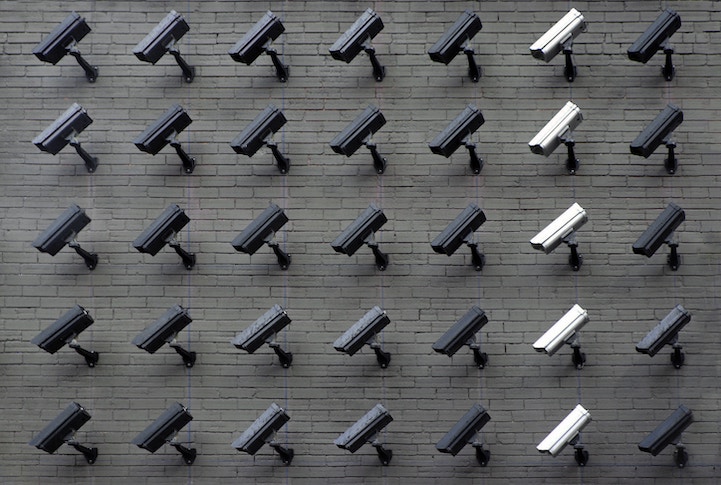We live in a day and age where our many of our daily actions are recorded and analyzed, usually to help businesses create stronger messaging that can sell more products. But many businesses are also embracing employee surveillance to monitor productivity. Some companies have seen great results, while others find that these systems can do more harm than good.
Nowadays, most of us just assume that we are probably being monitored. It seems like every intersection, shop, and restaurant has a security camera. Not to mention, online companies are tracking our every search and social interaction.
Surveillance technology is also being used by more and more companies in order to track employee productivity. This could include everything from internet history to bathroom breaks. Some companies are issuing company cell phones that track employee activities even when they are off the clock. And then there the organizations that are using programs designed to monitor people’s facial expressions.
But how does this increased monitoring actually effect employee behavior? The companies selling the surveillance technology will tell you that these systems are proven to increase productivity and revenue. And in some work environments, this may be true.
For example, there was a recent study that found that when surveillance systems were placed in restaurants – and the staff was aware that they were being monitored – there was a significant increase in sales, a decrease in personal breaks and social conversations, and higher customer satisfaction. As a result, the servers saw an increase in their tips, making this a win-win for both the restaurant and its staff.
However, in different work environments employee monitoring may not always have a positive effect. When a similar study was conducted in airports, to monitor TSA employees, there was actually a decrease in productivity and even an increase in turnover rates. Researchers concluded that staff will actively spend time and effort trying to evade the system.
Other studies have found that monitoring systems may actually have more negative effects than positive effects. For example, employees reported lower job satisfaction – by being constantly watched they felt alienated and like they were not trusted or respected by their employer. For others, the surveillance systems increased stress and anxiety levels, which made it harder to concentrate and ultimately lowered their productivity.
This is an especially important consideration when it comes to your star employees. You want your top talent to be able to thrive and produce their best work. But creating an environment where their every move is being monitored is not really conducive to this. When employees do not feel comfortable in their workplace, it will not be long before they start looking for a new opportunity.
Obviously, you want to do what you can to increase productivity in the workplace. But is a surveillance system the answer? It might not matter if your team spends some time at work chatting with colleagues or scrolling through Facebook. If you trust your team to provide high quality work, then you should give them the flexibility to do so in their own way.






